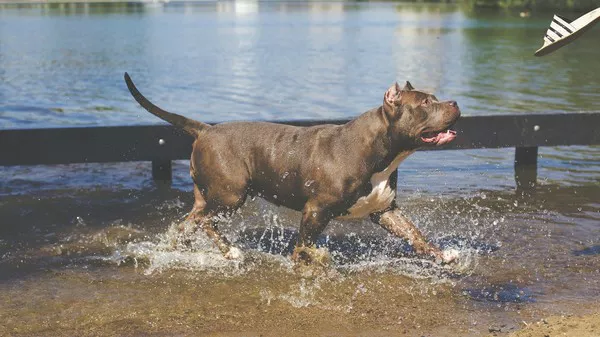As veterinary expenses continue to surge in the UK, pet owners are increasingly enticed by cost-effective care packages offered in Turkey, potentially saving thousands of pounds. This emerging trend of “vet tourism” is gaining momentum in a country already renowned for its booming cosmetic surgery industry, valued at £3 billion annually for foreign visitors.
Reports indicate that some cosmetic surgery clinics in Turkey now extend their services to include medical treatments for pets alongside operations for their owners. This revelation sheds light on a burgeoning sector in the country, albeit with warnings from experts cautioning against the allure of cheaper procedures and the potential risks of extensive travel for already ailing pets. Notably, governmental data reveals 25 British individuals have lost their lives following cosmetic surgeries in Turkey since 2019.
The Mirror’s investigation uncovered a comprehensive package offered by Pet Clinic Turkey in Antalya, encompassing diagnostic tests for a cat‘s broken paw, including X-rays, surgery, postoperative care such as physiotherapy and medication, along with accommodations for both pet and owner for a duration of 10 days, inclusive of transfers and a city tour.
Intriguingly, the package included a discounted nose job for the pet owner, priced between £4,500 and £5,000. In stark contrast, treating a broken paw in the UK can amount to £1,200 to £2,000, with X-rays alone ranging from £300 to £400. Similarly, rhinoplasty procedures in the UK command prices between £4,000 to £7,000.
Affiliated with Antalya-based cosmetic tourism firm Saluss Medical Group, Pet Clinic Turkey’s Chief Veterinarian, Dr. Filiz Göktas, highlighted the significant influx of British pet owners seeking affordable veterinary services amid escalating expenses and increased pet ownership post-Covid.
The clinic’s patient coordinator, Dilan Akbas, revealed instances of British individuals combining their own cosmetic surgeries with medical treatments for their pets. Akbas mentioned an ongoing case involving a British woman scheduled for plastic surgery alongside her Pomeranian dog, requiring dental extractions and rhinoplasty to alleviate breathing issues.
Furthermore, Pet Clinic Turkey accommodated another UK patient seeking treatment for a cat requiring complete dental extractions. Whereas in the UK, the owner was quoted approximately £2,000 per tooth extraction, Pet Clinic Turkey offered a comprehensive package for under £1,000, indicating a stark contrast in pricing and accessibility.
Observations indicate that the majority of British clientele at Pet Clinic Turkey are women under 40, predominantly accompanied by cats or dogs, with rabbits also being fairly common. Remarkably, there have been instances of individuals returning for subsequent treatments, with their pets simultaneously receiving medical care.
Despite the state-of-the-art facilities and genuine concern displayed by Pet Clinic Turkey’s staff towards animals, cautionary voices within the UK veterinary community urge pet owners to reconsider overseas treatments due to potential health risks and lack of post-treatment continuity of care. Veterinarians emphasize the importance of considering long-term implications and ensuring adequate follow-up care for optimal recovery.
Meanwhile, in the UK, concerns over escalating veterinary costs have prompted regulatory scrutiny by the Competition and Markets Authority (CMA). Issues surrounding rising prices, potential overcharging for treatments and medications, as well as the dominance of large corporate chains over independent practices, underscore the need for greater transparency and consumer protection within the veterinary sector. As consolidation within the industry continues, stakeholders stress the importance of maintaining competition and safeguarding consumer interests in accessing quality veterinary services at reasonable costs.





















